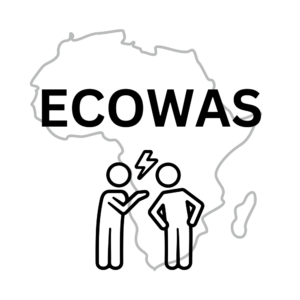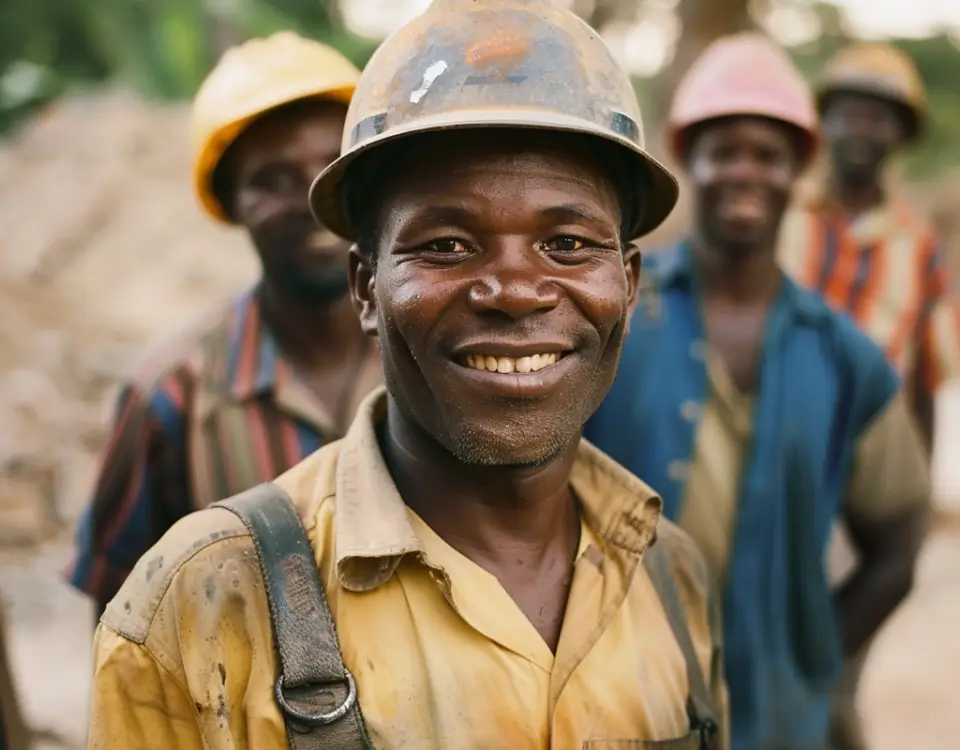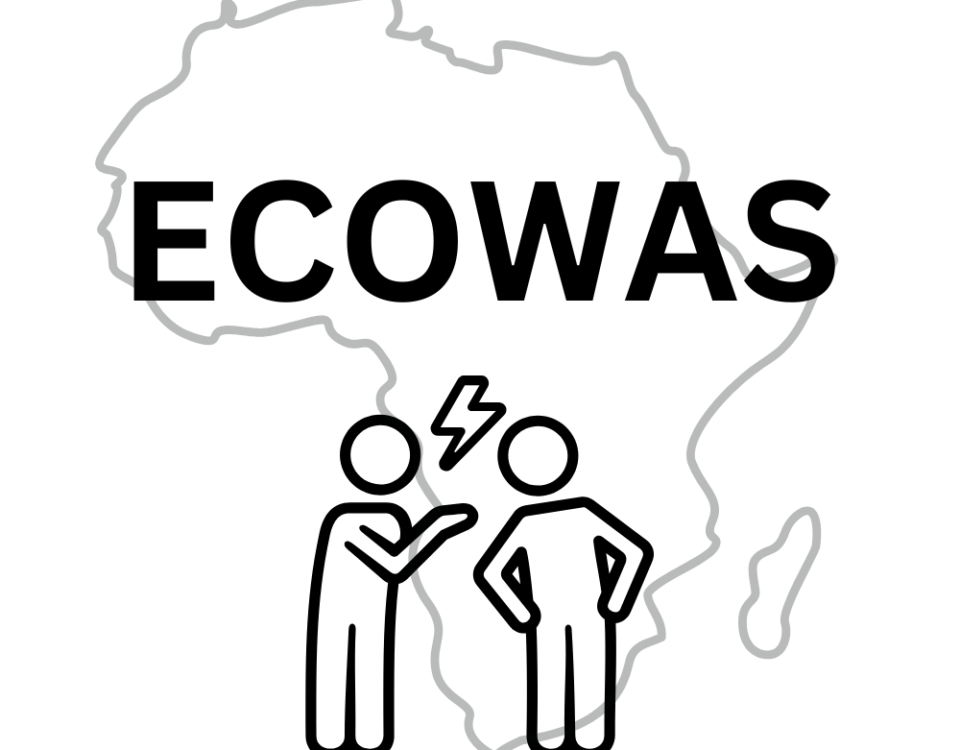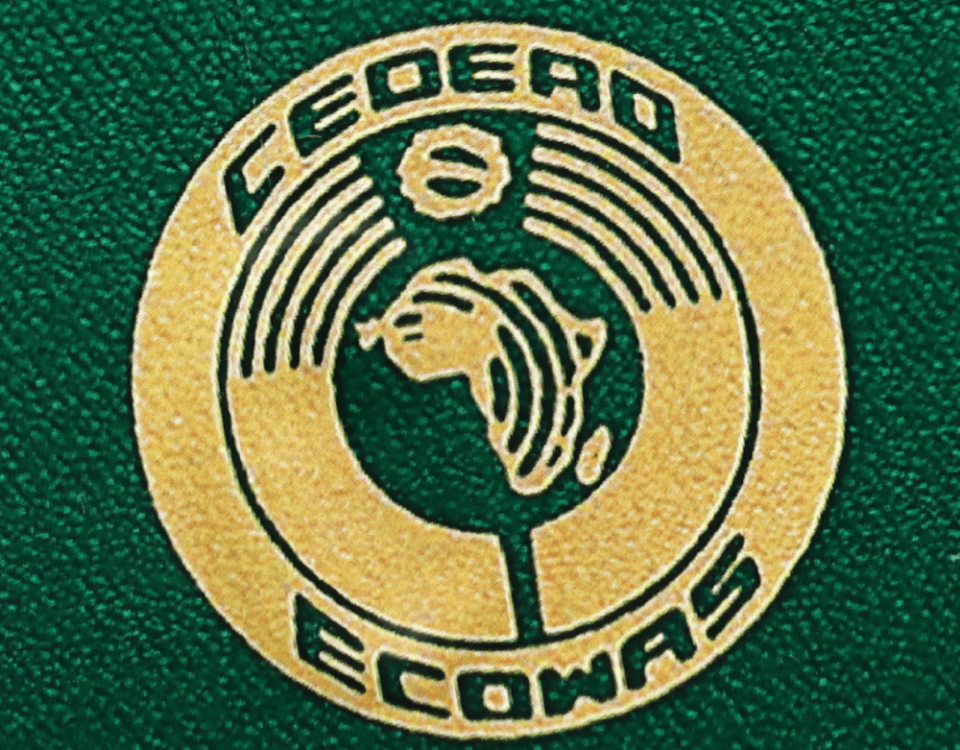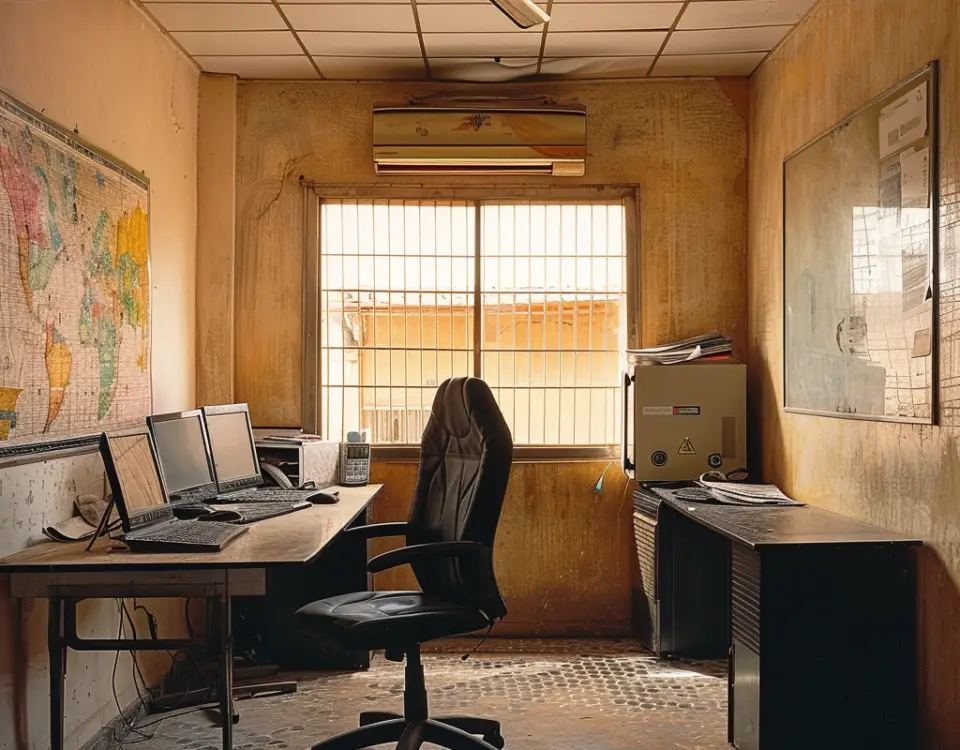The Economic Community of West African States, better known by its English acronym ECOWAS (Economic Community of West African States), is a regional organization aimed at fostering closer economic and political ties among West African countries. But what exactly is behind this community, and why is it important? This article explains the basics, goals, and challenges of ECOWAS, so that even non-experts can better understand the organization’s role.
The Founding of ECOWAS
ECOWAS was established on May 28, 1975, through the Treaty of Lagos. Its goal was to promote development and prosperity in West African countries through increased regional cooperation. The founding was a significant step, as many member states had only recently gained independence from European colonial powers and sought collaborative solutions to common problems.
Today, ECOWAS is composed of 15 member states, including:
- Benin
- Burkina Faso
- Côte d’Ivoire
- Ghana
- Guinea
- Guinea-Bissau
- Cape Verde
- Liberia
- Mali
- Niger
- Nigeria
- Senegal
- Sierra Leone
- Togo
- The Gambia
These states collectively represent about 400 million people and a wide variety of cultures, languages, and political systems.
The Main Goals
ECOWAS pursues two major areas of focus: economic integration and political stability.
Economic Goals
A central objective of the Economic Community of West African States is to promote trade among member states and, in the long term, to create a unified economic zone. This includes:
- Reducing trade barriers such as tariffs.
- Introducing a common currency (although this goal has not yet been fully realized).
- Supporting infrastructure projects, such as roads, railways, and internet connections that link the countries together.
One example of an ECOWAS initiative is the promotion of the „West African Power Pool,“ a project aimed at improving energy supply in the region. Economically weaker countries are expected to particularly benefit from such projects.
Political Goals
ECOWAS is not only focused on economic interests. It also strongly advocates for peace and security in the region. Conflicts and political instability have been recurring problems in West Africa, and ECOWAS plays a key role in mediation and crisis management. For instance, it has worked to resolve conflicts in countries such as Liberia, Sierra Leone, and Mali.
To ensure peace, ECOWAS even created its own peacekeeping force, the Economic Community of West African States Monitoring Group (ECOMOG), which can be deployed to crisis areas.
Challenges
Despite its successes, ECOWAS faces many challenges:
- Political Instability
Coups, internal conflicts, and corruption are part of the harsh reality in some member countries, which complicates cooperation within the community.
- Economic Disparities
The member states are economically very diverse. While Nigeria, Africa’s largest economy, is richly endowed with resources, countries like Liberia and Guinea rank among the poorest in the world. These differences make economic integration difficult.
- Implementation of Goals
Many ambitious projects, such as introducing a unified currency, have been delayed significantly in planning or execution. This is often due to a lack of financial resources or political disagreements.
- Terrorism and Security Issues
Particularly in the Sahel region, some ECOWAS states struggle with terror groups like Boko Haram or Islamist militias. These pose major obstacles to peace and development in the region.
Why is ECOWAS Important?
Despite all its challenges, the importance of the Economic Community of West African States should not be underestimated. It serves as a platform that allows West African countries to work together on solutions to shared problems. Whether addressing poverty, boosting the economy, or securing peace, ECOWAS makes a significant contribution to the stability and development of the region.
The organization also gives these countries a stronger voice on the international stage. Together, they are better able to represent their interests to global players like the European Union, the U.S., or China.
Conclusion
ECOWAS is an example of how cooperation can bridge divides. Even though the organization faces substantial challenges, it shows that regional integration is a key step toward tackling problems such as poverty, political instability, and economic inequality. For the people of West Africa, ECOWAS remains a source of hope for a better future—perhaps progressing slower than planned but always with the goal of advancing the region.
